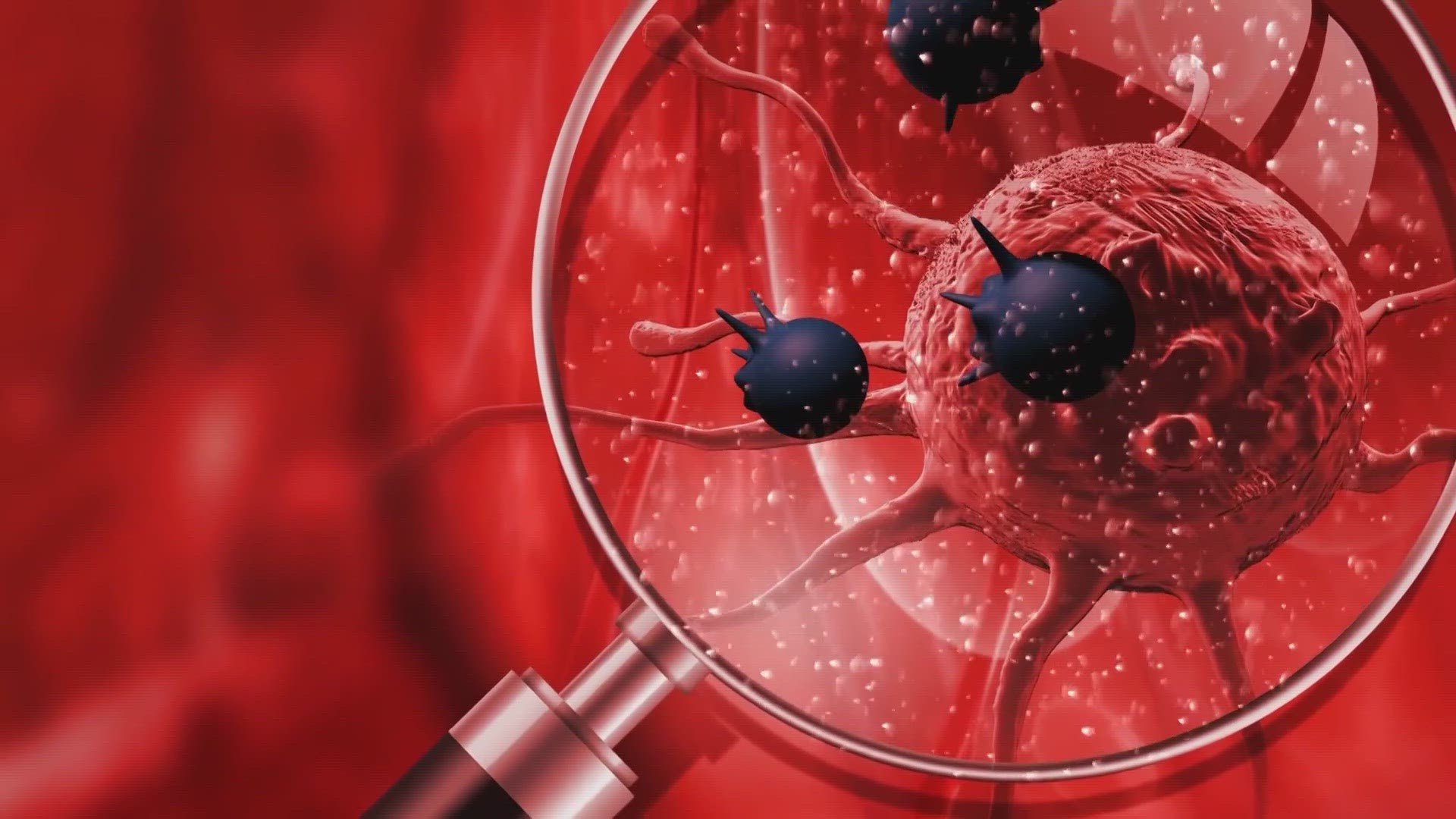SAN ANTONIO — More than 600,000 people in the U.S. die from cancer every year. In Wednesday's Healthy SA we report about what cancers women are most at risk for, and how many can be prevented.
February is Cancer Prevention Awareness Month. The World Health Organization says 50% of cancers are preventable. Prevention starts with your family doctor.
Dr. Cynthia Cantu, a Primary Care Physician with UT Health San Antonio told us, "It's very important to start with the primary care so that based on your age, he or she can recommend specific cancer screenings." Dr. Cantu says family history plays a huge role in determining your risk of cancer. "And based on your family history, they can determine the other, cancer screenings that you may need," she said.
Dr. Cantu says here are some ways to lower your risk of cancer. Avoid tobacco use. Eat a healthy diet. Limit alcohol consumption. Protect your skin from sun damage. Stay updated on vaccines. And speak to your primary care doctor about cancer screenings.
Many cancers are even preventable. That is especially the cast when it comes to breast cancer. Dr. Shraddha Dalwadi, a breast radiation oncologist at UT Health San Antonio MD Anderson Cancer Center added, "If you have multiple family members with breast cancer, you're more likely at risk to develop breast cancer."
When should women start screening for cancer? If you're getting a Pap smear as early as age 21 then every three years. For an HPV test start at age 25 then every five years. Mammograms should start around age 40 then continue yearly for at least 10 years. And get that colonoscopy when you turn 45. When you get your next one depends on the results. For lung cancer, both men and women should begin screening around age 50. When it comes to prostate cancer men should begin screening at the age of 50.
Other factors like obesity can play a big role in your cancer risk too. Dr. Dalwadi told us, "We know that women who are obese were outside of the range of normal weight, tend to produce more estrogen in their body. And that increases the risk of breast cancer. Similarly, limits the excess estrogen that your body is exposed to, and that decreases your risk of breast cancer."
Both doctors also say genetic testing continues to improve, and to talk to your primary care doctor to see if you qualify for that testing, to help stave off cancer in the future.

